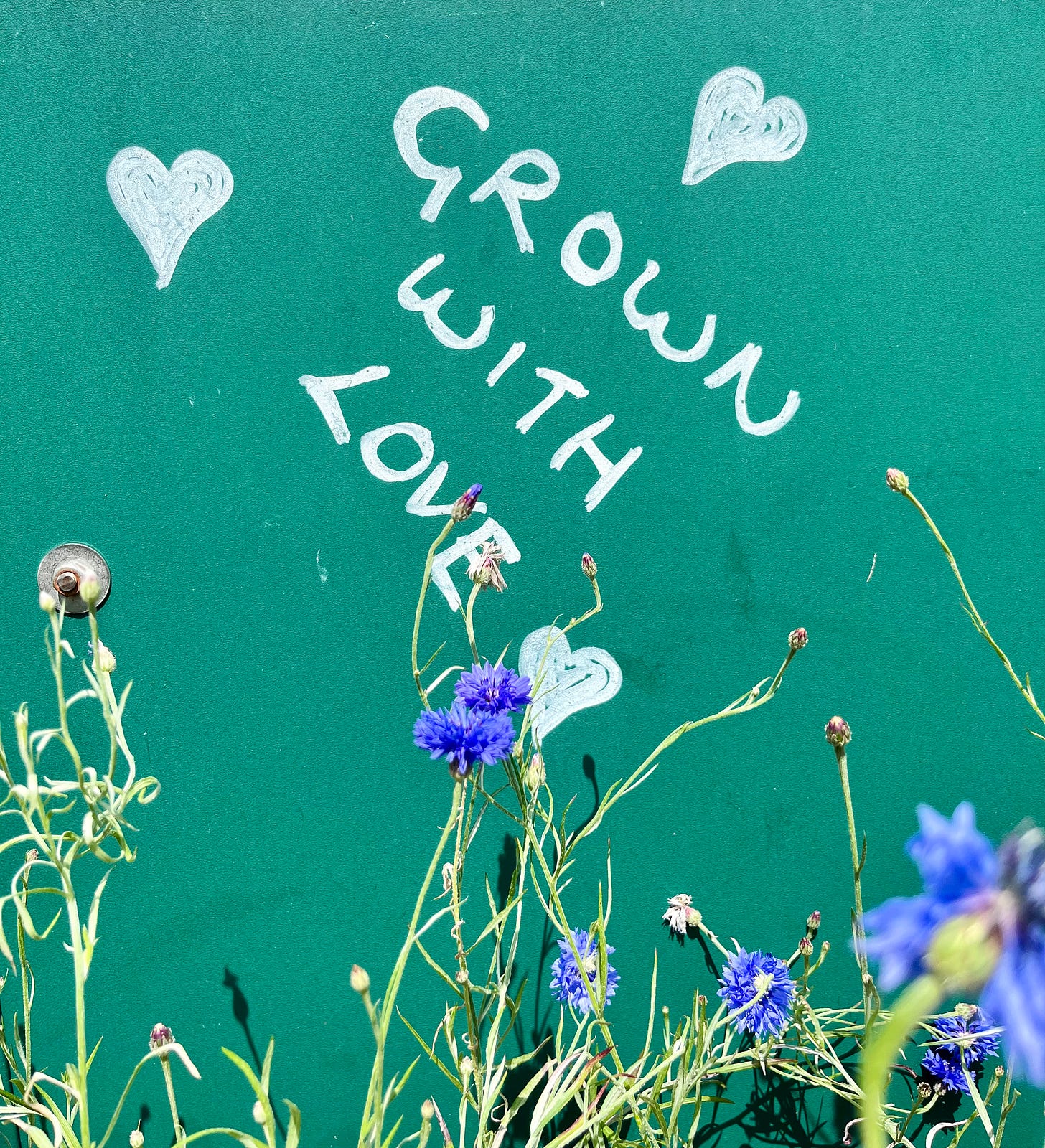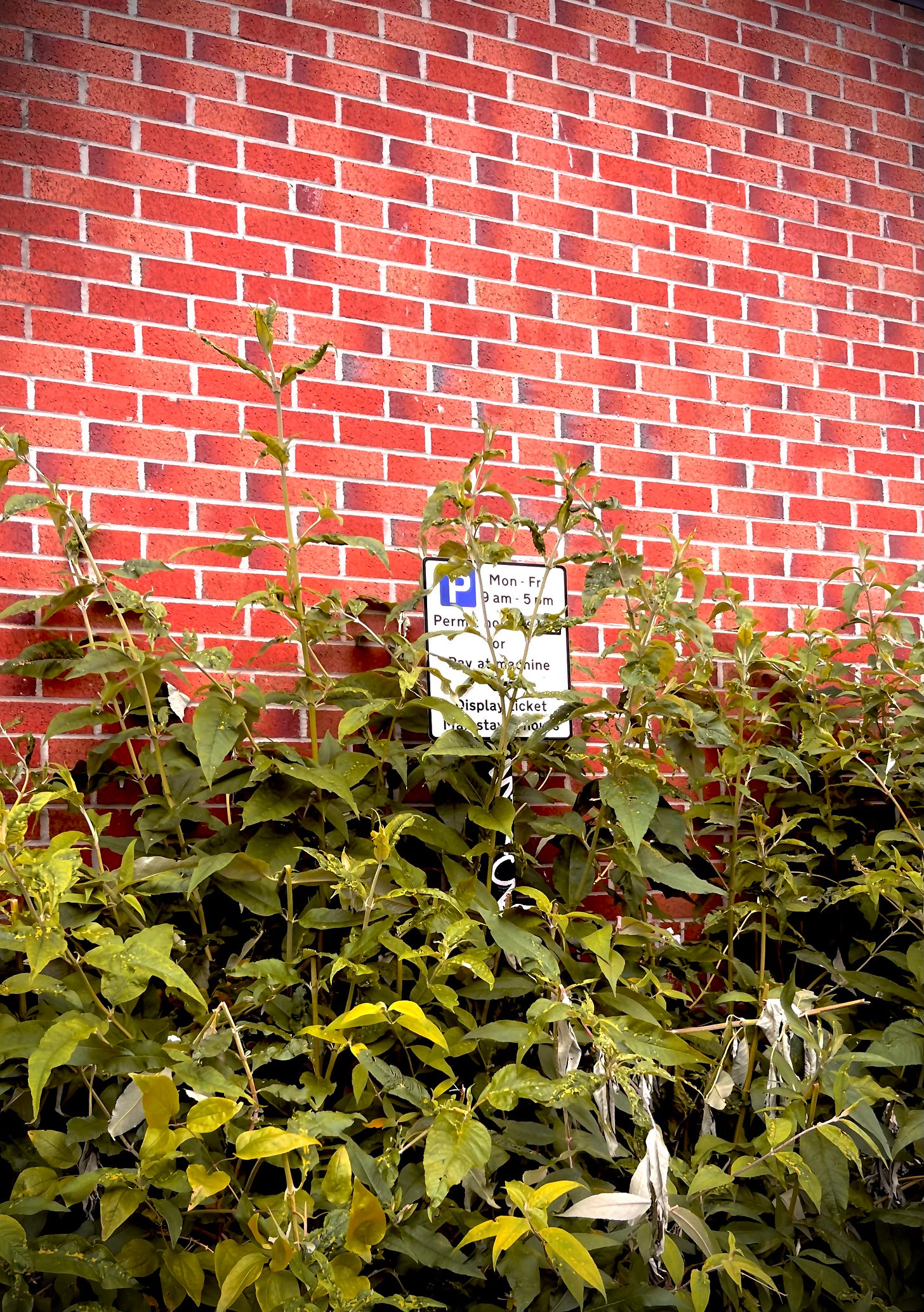Hello everyone,
I’ve been away from Substack for a few weeks, recharging my batteries and concentrating on some other work. I felt bad about missing a few weeks of posts, but then realised that sometimes you just have to stop, take time out, and breathe. Give yourself some space to gather your energy. That applies to writing as much as it does any other element of life.
I wasn’t completely inactive on the literary front during my break. One of the things I did was run a writing workshop all about foraging for writing ideas in nature.
Now, quite obviously, nature has always been an inspiration for writers, whether you are a poet or a novelist or something in between. But, much of that tends to be about the countryside or wild areas. Big nature, red in tooth and claw.
My workshop concentrated on the natural inspiration for writers in urban environments. The venue was a library in a central part of Bristol, a city here in the South West of England, which is full of all the usual jangle and hurry, its skyline busy with cranes for new apartment buildings, the streets heavy with traffic.
And yet, even in this most urban of environments, there is what I think of as an ‘unofficial countryside’ quietly going about its business. The more I researched the locality, the more diversity of flaura and fauna I discovered. I realised that nature - even in the most unlikely setting - can be a place of unusual or unique ideas and inspirations that give our writing a fresh perspective. All the images on this post are ones I took on a walk around the local area, showing how nature and the urban world interact in interesting ways, some of it harmonious, some that seem like an ongoing battle.
I’m going to share one of the elements of the workshop, which I hope you might try - regardless of whether you live in a city, a town, or some remote wild place. It’s about venturing out with a particular mindset of foraging for ideas, inspired by nature. I use that word ‘forage’ very specifically - I want to make a direct link between foraging for ideas, and foraging for food.
Think about it, when a forager goes hunting for mushrooms and herbs and berries and all manner of other edible things, their behaviour is very focused, they are on the move, using their senses, trying to find a number of different ingredients that will go together to create a meal.
In our case, as writers, we need to be foragers of ideas and prompts. We are foraging for are sights, sounds, smells and touch sensations that are evocative or unexpected, unusual or thought-provoking, or, and this is really important, catalysts for some sort of emotional connection or resonance. Like a forager, they are things that are going to whet your appetite. We are looking for those incongruous places where nature and the urban rub up against each other.
It's about being receptive to what you sense around you and finding resonance. Things that pose questions, or seem mysterious, things that remind you of something in your own life perhaps. What we want is the bits in between all of this very familiar urban hustle and bustle.
When foraging for ideas, think about these three things:
Focus – how you look at the world to pick up ideas for inspiration. Focused not on the urban environment, but the natural world that exists alongside it.
Sensory – you will need to think not just about the visual but all the other senses. Natural smells and sounds.
Transformation – how you use what you gather to inspire stories.
We live in a lucky age where almost all of us have a portable recording device in our pockets - the smartphone. It can help you take images, videos, audio files, preserve notes and journaling. It is the perfect thing for capturing the here and now, what’s around you. It is capable of giving you a rich library of inspiration you can use to fuel writing.
This foraging idea is simple - focusing in on stuff you don’t normally give a second glace to, and opening your eyes to seeing the world in a different way. So, if you decide to give foraging a go, when you step out of the door, then the key is to spend just a little bit of time looking at the outside world in a very different way. Enjoy!
I hope you enjoyed reading this piece. Writing Talk is a reader-supported publication and I’d love you to become a Subscriber - every sign-up gives me motivation. If you become a Paid Subscriber, then even better! But if you can’t pay a monthly or annual subscription, you can support me and Writing Talk by making a one-off donation via Ko-fi, using the button below. I would really appreciate it!






Thanku for The Encouragement from this Insecure Writer still trying to figure out how to get into my Substack account